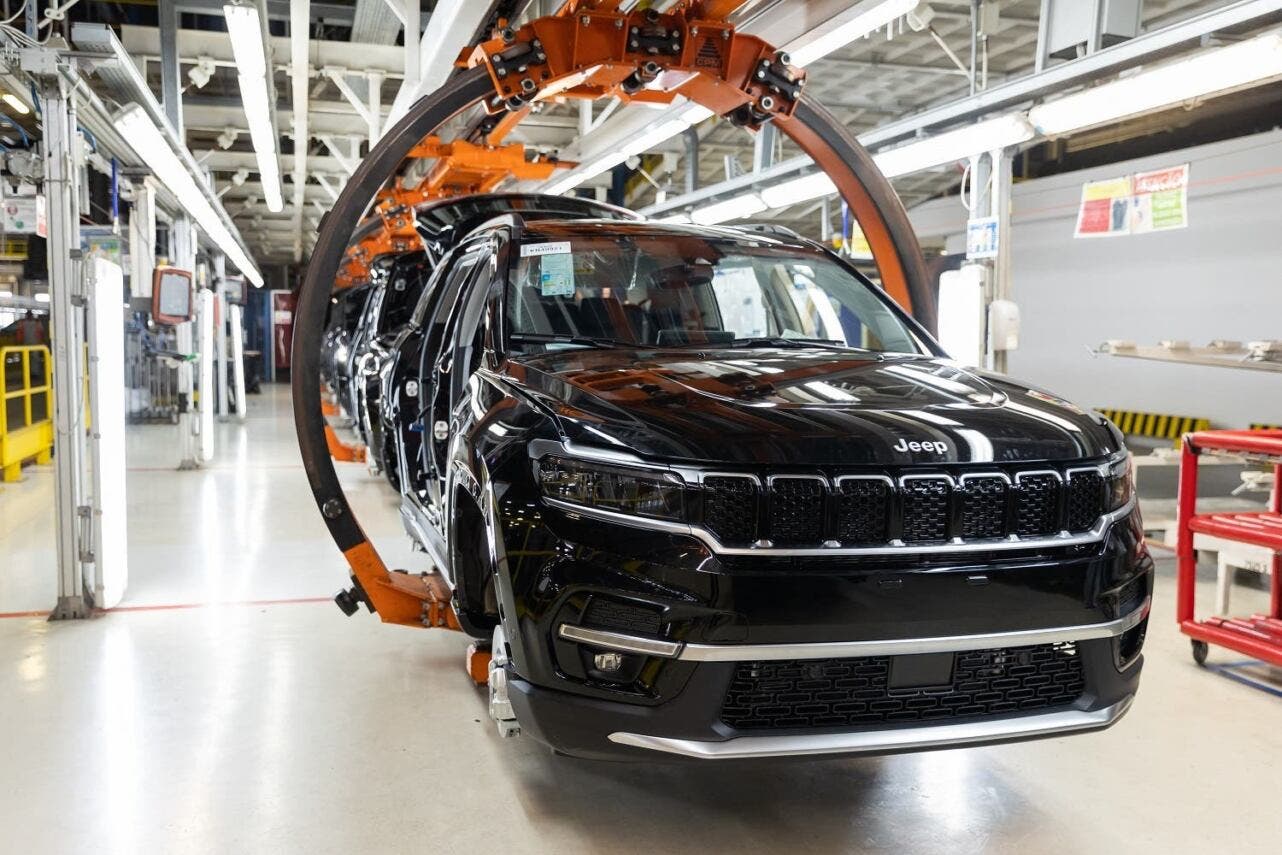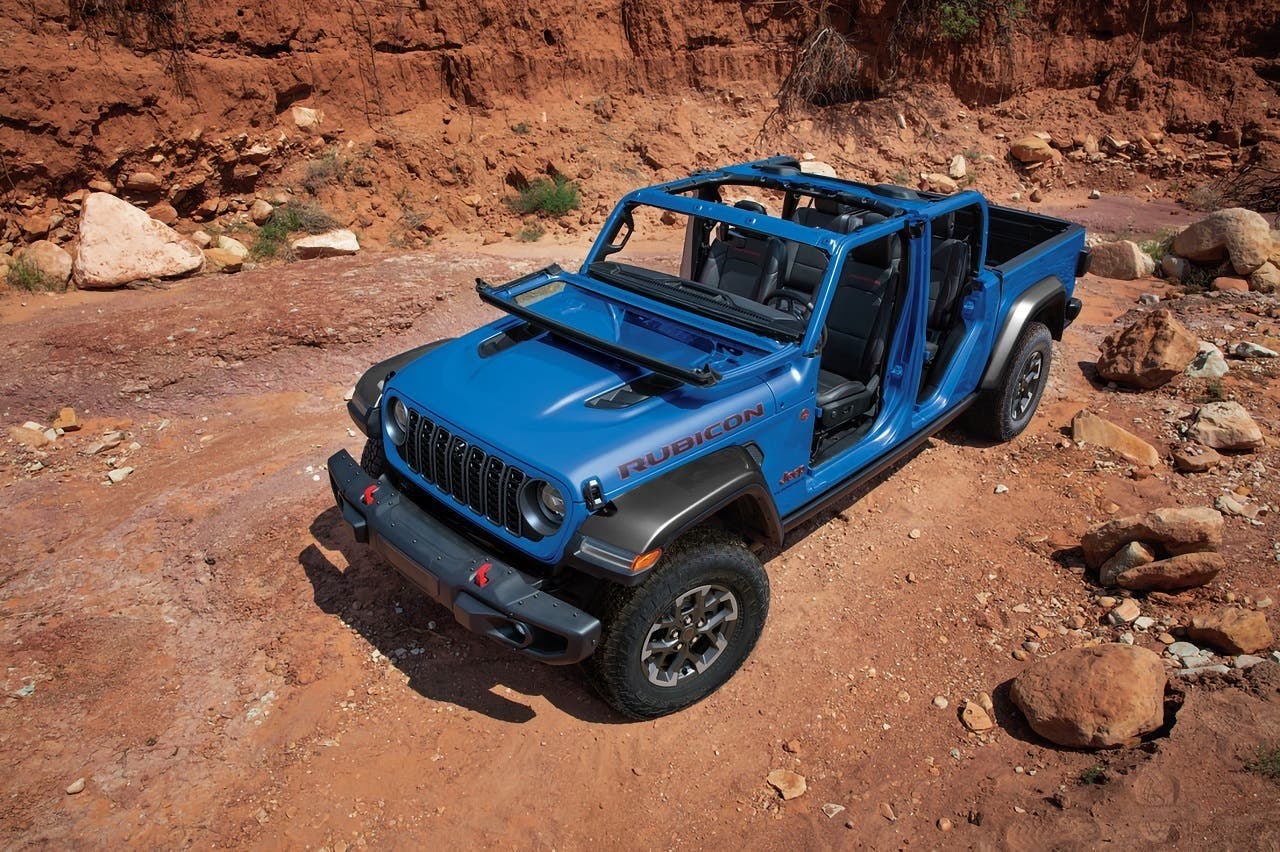Some manufacturers have struggled to keep up with the competition, others were better prepared, and still others faced such difficulties that they had to lay off thousands of employees. In Jeep‘s case, the electric transition brings with it several problems, but the workers are caught in the middle. The consequences on the balance sheets of several once-invincible companies have come unexpectedly and, at times, heavily.
Jeep is struggling due to competition from Chinese car manufacturers

The growing popularity of electric and hybrid cars in Brazil, to move to one of Stellantis’ key markets, has had a significant impact on some brands, and among those suffering the most is Jeep, one of the historic names in the automotive sector.
This is what emerges from an analysis conducted by the platform “Auto Avaliar”, specialized in vehicle buying and selling. The report examined 2,707 dealerships belonging to 23 different brands to observe how the effects of the transition unfold on the territory for various major brands, including, of course, Jeep.
The survey highlighted which brands are suffering most from the competition of electrified vehicles, particularly those of Chinese production. Jeep turns out to be the brand most frequently exchanged with both GWM and BYD. Regarding GWM, 18% of electric and hybrid vehicle sales were made by also accepting a Jeep as part of the payment. Following are Toyota with 11%, Volkswagen with 10%, and Chevrolet, Honda, and Hyundai, each with 8%, while Fiat stands at 5%.

Even at BYD dealerships, Jeep is the most common brand among those who choose to abandon it and switch to an electric or plug-in hybrid car, representing 12% of transactions where the used vehicle is given in exchange. Hyundai and Volkswagen follow tied at 10%. Auto Avaliar, a platform operating in seven countries, currently supports 4,200 dealerships and over 38,000 independent resellers. The platform generates a business volume of 1.4 billion dollars per year.

